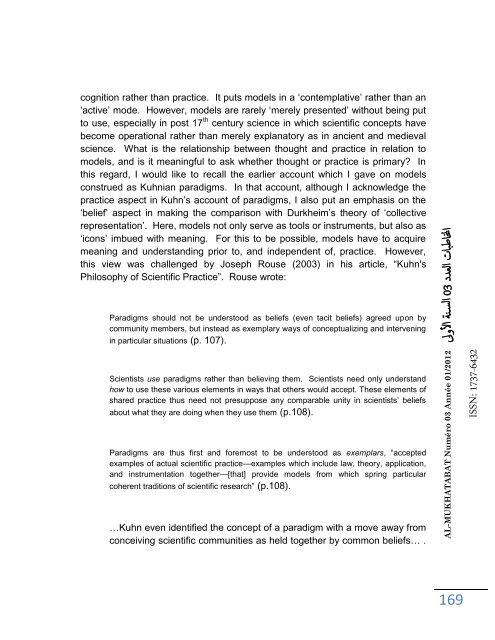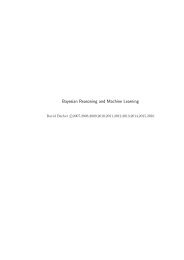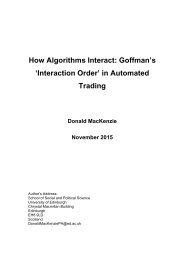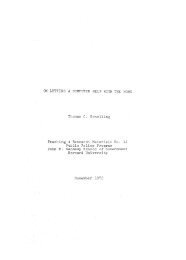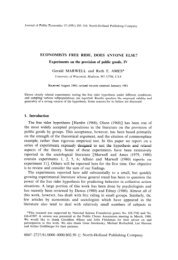n3-al-mukhatabat-journal
n3-al-mukhatabat-journal
n3-al-mukhatabat-journal
You also want an ePaper? Increase the reach of your titles
YUMPU automatically turns print PDFs into web optimized ePapers that Google loves.
cognition rather than practice. It puts models in a ‘contemplative’ rather than an<br />
‘active’ mode. However, models are rarely ‘merely presented’ without being put<br />
to use, especi<strong>al</strong>ly in post 17 th century science in which scientific concepts have<br />
become operation<strong>al</strong> rather than merely explanatory as in ancient and mediev<strong>al</strong><br />
science. What is the relationship between thought and practice in relation to<br />
models, and is it meaningful to ask whether thought or practice is primary? In<br />
this regard, I would like to rec<strong>al</strong>l the earlier account which I gave on models<br />
construed as Kuhnian paradigms. In that account, <strong>al</strong>though I acknowledge the<br />
practice aspect in Kuhn’s account of paradigms, I <strong>al</strong>so put an emphasis on the<br />
‘belief’ aspect in making the comparison with Durkheim’s theory of ‘collective<br />
representation’. Here, models not only serve as tools or instruments, but <strong>al</strong>so as<br />
‘icons’ imbued with meaning. For this to be possible, models have to acquire<br />
meaning and understanding prior to, and independent of, practice. However,<br />
this view was ch<strong>al</strong>lenged by Joseph Rouse (2003) in his article, “Kuhn's<br />
Philosophy of Scientific Practice”. Rouse wrote:<br />
Paradigms should not be understood as beliefs (even tacit beliefs) agreed upon by<br />
community members, but instead as exemplary ways of conceptu<strong>al</strong>izing and intervening<br />
in particular situations (p. 107).<br />
Scientists use paradigms rather than believing them. Scientists need only understand<br />
how to use these various elements in ways that others would accept. These elements of<br />
shared practice thus need not presuppose any comparable unity in scientists’ beliefs<br />
about what they are doing when they use them (p.108).<br />
Paradigms are thus first and foremost to be understood as exemplars, “accepted<br />
examples of actu<strong>al</strong> scientific practice—examples which include law, theory, application,<br />
and instrumentation together—[that] provide models from which spring particular<br />
coherent traditions of scientific research” (p.108).<br />
…Kuhn even identified the concept of a paradigm with a move away from<br />
conceiving scientific communities as held together by common beliefs… .<br />
AL-MUKHATABAT Numéro 03 Année 01/2012 لىولأا ةن سلا 30 ددعلا تابطانا<br />
169<br />
ISSN: 1737-6432


